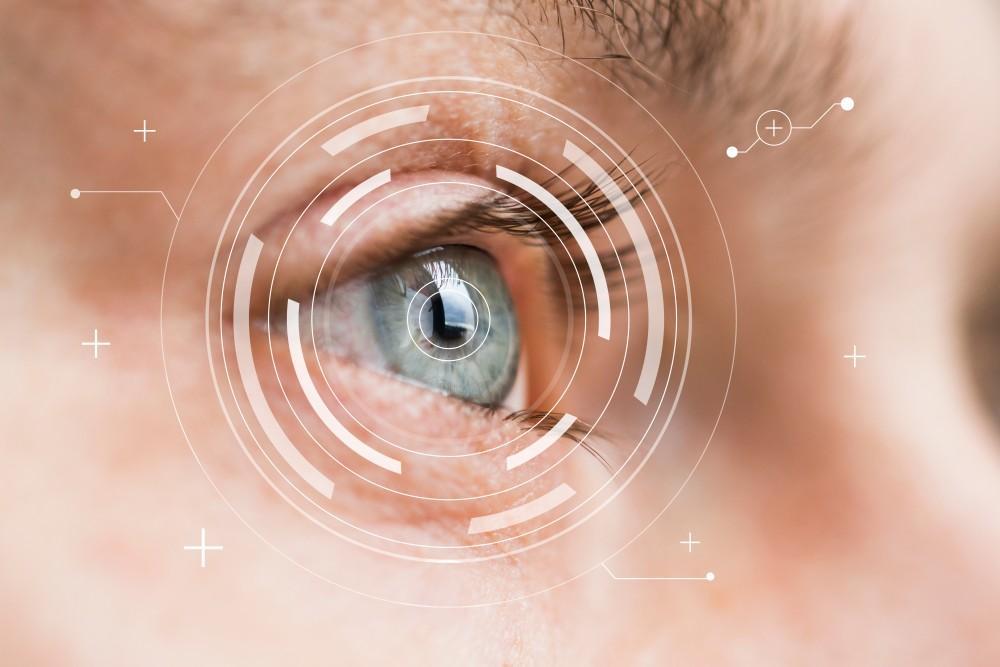
Cornea Transplant Surgery: Your Guide to an Optimal Recovery

Whether your cornea is damaged from a disease such as Fuch’s dystrophy, an injury, a condition like keratoconus, or an infection, you’re looking forward to having your eyesight restored through corneal transplant surgery.
Dr. Stephen Khachikian performs several types of cornea surgery, including corneal transplants that replace some or all of your cornea, inserting donor tissue in its place. He determines which type of transplant is going to benefit you the most with the least amount of risk.
You take a lead role in your recovery from corneal transplant surgery. We provide you with post-op written instructions and review them with you before the surgery. Following the instructions to a “T” helps ensure a successful outcome.
Care of your eye after cornea transplant surgery
You’ll need to rest at home for a few days after your surgery, so plan ahead of time for help with normal household chores. Take a break from strenuous exercise, and don’t lift anything heavy in the first weeks after surgery.
Dr. Khachikian places a temporary protective cover over your eye. We tell you when you can remove the cover, which may be anywhere from one to four days, depending on which type of surgery you had.
It’s important that you don’t touch or rub your eye or place any pressure on it. Don’t bend down so your head is below the rest of your body. When you’re outside, wear sunglasses or glasses as another layer of protection.
For transplant procedures such as Descemet’s stripping endothelial keratoplasty and deep anterior lamellar keratoplasty, you might need to spend some time during the day lying flat on your back and also sleep on your back at night for several days. Adding pillows to your bed to prevent rolling can help.
Prescription eye drops aid healing and prevent infection for up to a few months after your cornea transplant surgery. It’s important to remember to use the eye drops just as prescribed. The drops help prevent your body from rejecting the donor tissue.
You’ll be making several trips to the office in the first few weeks after your surgery so Dr. Khachikian can monitor your healing. After the initial healing period, you’ll have a few more appointments within the first year after your surgery.
How does my eye look and feel in the days and weeks after cornea transplant surgery?
You may wonder if your eye feels or looks any different after a corneal transplant. It may feel a little sore, and we prescribe pain medication if you need it. Your eye might also look red, and you may not be able to tolerate bright light. These side effects fade as you heal.
When will I see the final results of cornea transplant surgery?
Corneal transplant surgery requires patience. Your vision doesn’t become perfect in a few days or even a few weeks. It may take up to a year for your vision to stabilize and for you to see final results. At that point, you’ll see that the wait was worth it.
Do you need cornea transplant surgery? Call the office of Dr. Stephen Khachikian or book an appointment using our online portal for expert ophthalmologic care. We can help you see more clearly.
You Might Also Enjoy...


2 Exciting Presbyopia Vision Correction Options: KAMRA® and Monovision

I’m Not a LASIK Candidate. What About PRK?

Telltale Signs Your Eye Problem Is a Cornea Issue

Why Are Cataracts Common In Seniors?


